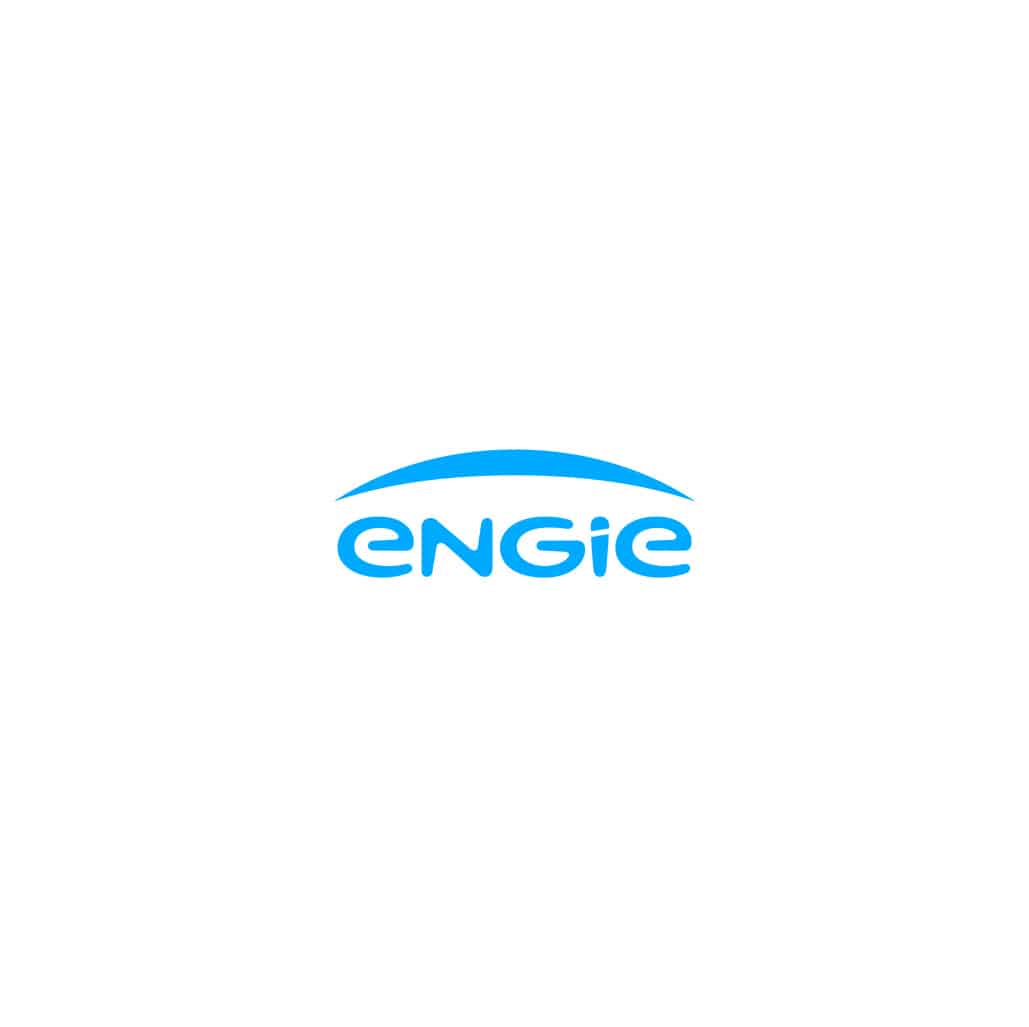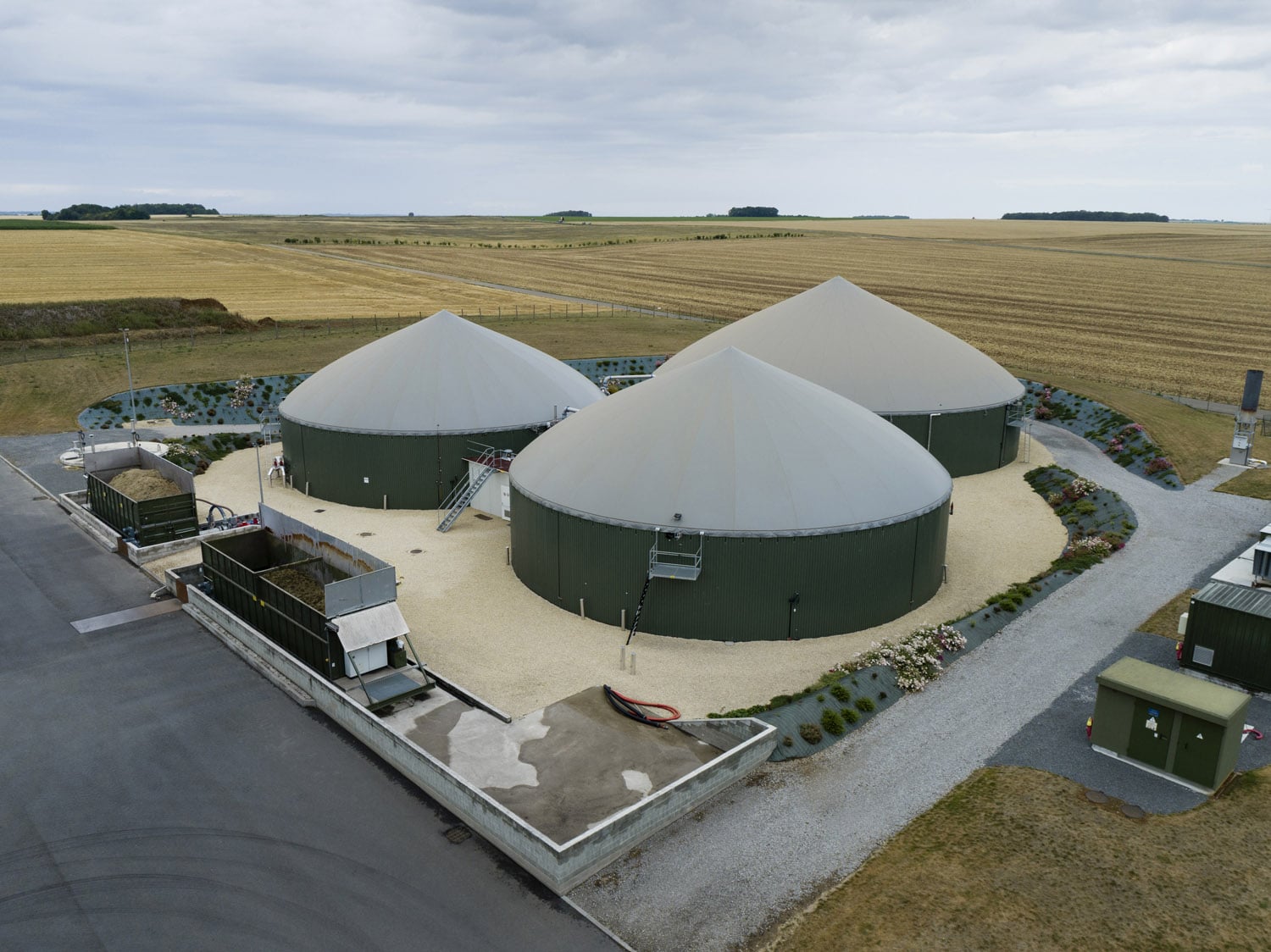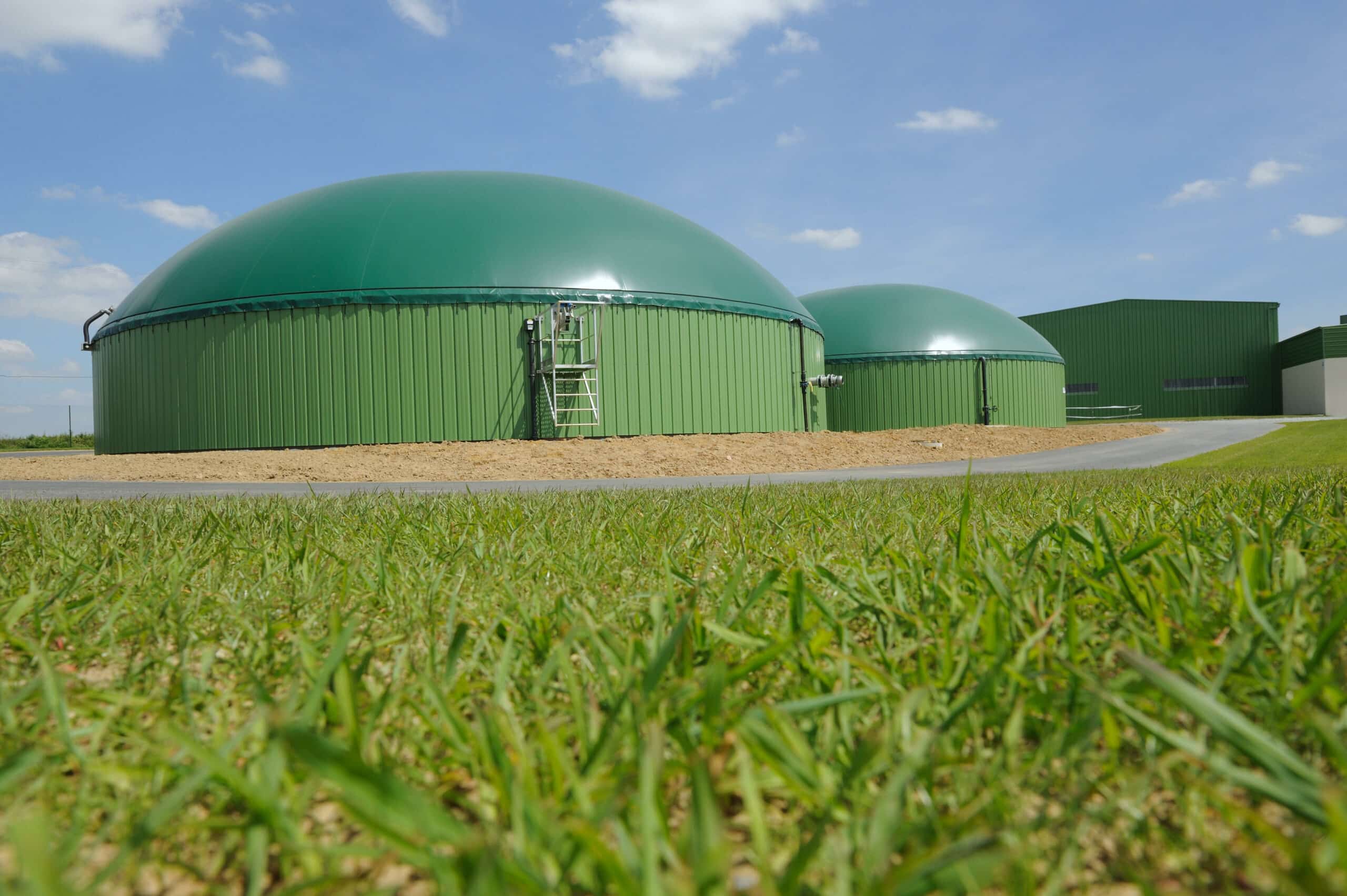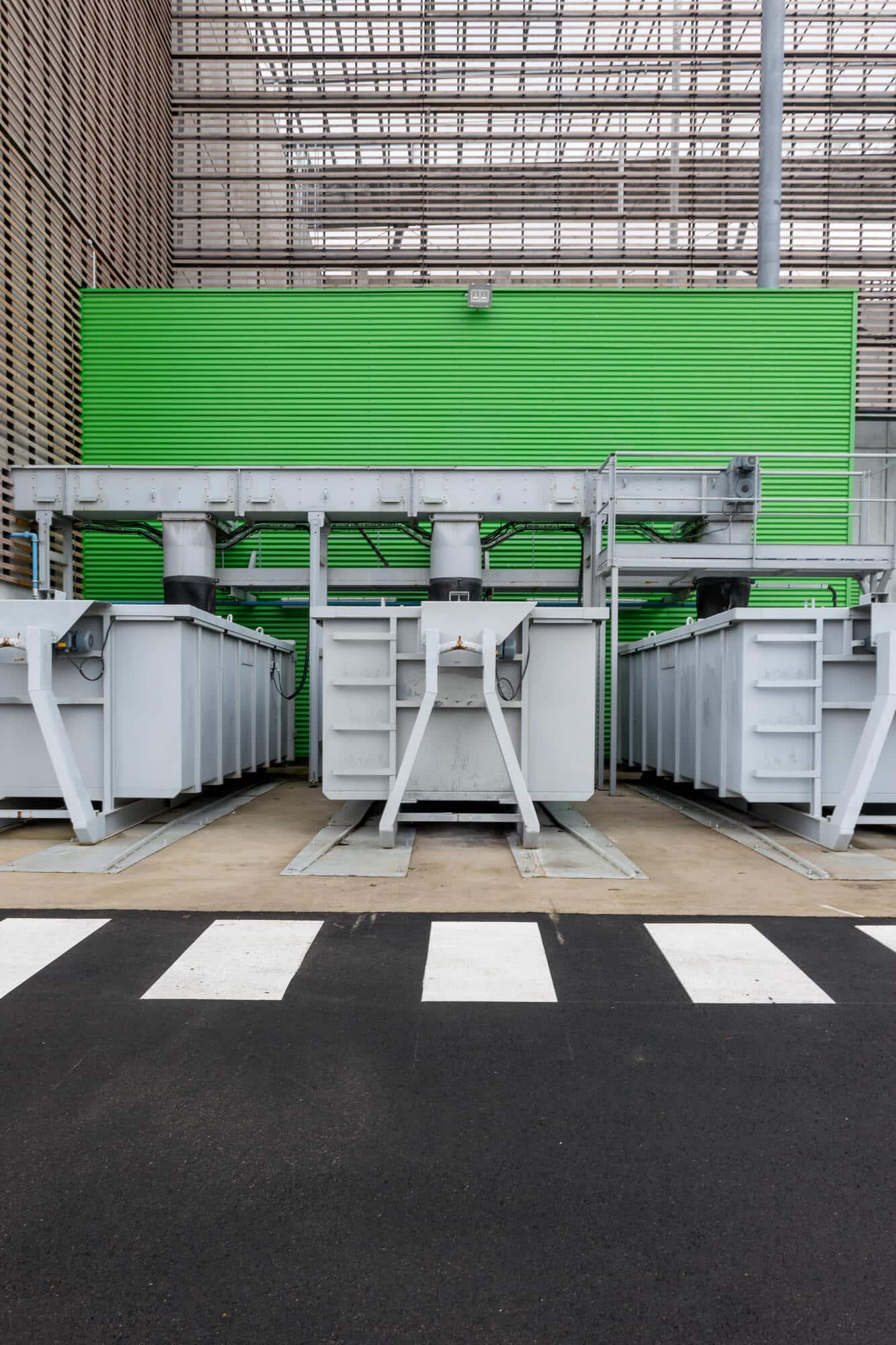ENGIE Solutions is committed to recycling more than one ton of used work clothes each year

Terms of the action or commitment
Each year, thousands of used work clothes worn by our technicians end up either in the dumpster or stored in wardrobes or warehouses. To avoid this, in line with its CSR policy and its commitment to a more circular economy, ENGIE Solutions has set up a major operation to collect and recycle/revalue these clothes.
In September each year, a major internal operation is launched to recycle the used work clothes of ENGIE Solutions technicians, in partnership with the main clothing supplier Molinel. This “second life” operation is offered to all ENGIE Solutions agencies in metropolitan France. In concrete terms, the agencies have 4 months to collect in one place the used work clothes, deposited on a voluntary basis by the technicians. The agencies then send the clothes by carrier to Molinel, in the north of France, which then gathers all the pallets sent and sends them to its textile recycling partner Minot Recyclage (located in Hauts-de-France). The clothes are then sorted according to whether they are to be recycled or revalorised, depending on the textile fibre and the materials making up the garment (cotton, reflective tape, etc.)
In 2022, 1048 kilos were collected from 17 participating ENGIE Solutions branches. Out of all the kilos collected, 772 kilos of clothing were transformed into thermal/acoustic insulation and 276 kilos were recycled into solid recovered fuel (to feed cement plants in particular).
ENGIE Solutions now wishes to make this recycling operation permanent and is committed to recycling at least one tonne of used work clothes each year, again in conjunction with the supplier Molinel. There is a significant recycling potential since thousands of technicians have a “package” of 20 new garments each year, which last about a year.
The ENGIE Solutions technicians who voluntarily took part in this initiative expressed their interest in a collective project in favour of the circular economy.
Beyond this recycling operation, several exchanges with other suppliers of clothing / PPE have been initiated, in order to see how eco-design and/or the extension of the life span of products could be promoted.
In September each year, a major internal operation is launched to recycle the used work clothes of ENGIE Solutions technicians, in partnership with the main clothing supplier Molinel. This “second life” operation is offered to all ENGIE Solutions agencies in metropolitan France. In concrete terms, the agencies have 4 months to collect in one place the used work clothes, deposited on a voluntary basis by the technicians. The agencies then send the clothes by carrier to Molinel, in the north of France, which then gathers all the pallets sent and sends them to its textile recycling partner Minot Recyclage (located in Hauts-de-France). The clothes are then sorted according to whether they are to be recycled or revalorised, depending on the textile fibre and the materials making up the garment (cotton, reflective tape, etc.)
In 2022, 1048 kilos were collected from 17 participating ENGIE Solutions branches. Out of all the kilos collected, 772 kilos of clothing were transformed into thermal/acoustic insulation and 276 kilos were recycled into solid recovered fuel (to feed cement plants in particular).
ENGIE Solutions now wishes to make this recycling operation permanent and is committed to recycling at least one tonne of used work clothes each year, again in conjunction with the supplier Molinel. There is a significant recycling potential since thousands of technicians have a “package” of 20 new garments each year, which last about a year.
The ENGIE Solutions technicians who voluntarily took part in this initiative expressed their interest in a collective project in favour of the circular economy.
Beyond this recycling operation, several exchanges with other suppliers of clothing / PPE have been initiated, in order to see how eco-design and/or the extension of the life span of products could be promoted.
Levers mobilized for circular economy (according to Ademe)
Implementation timeline
Starting year
2023
Ending year
2023




